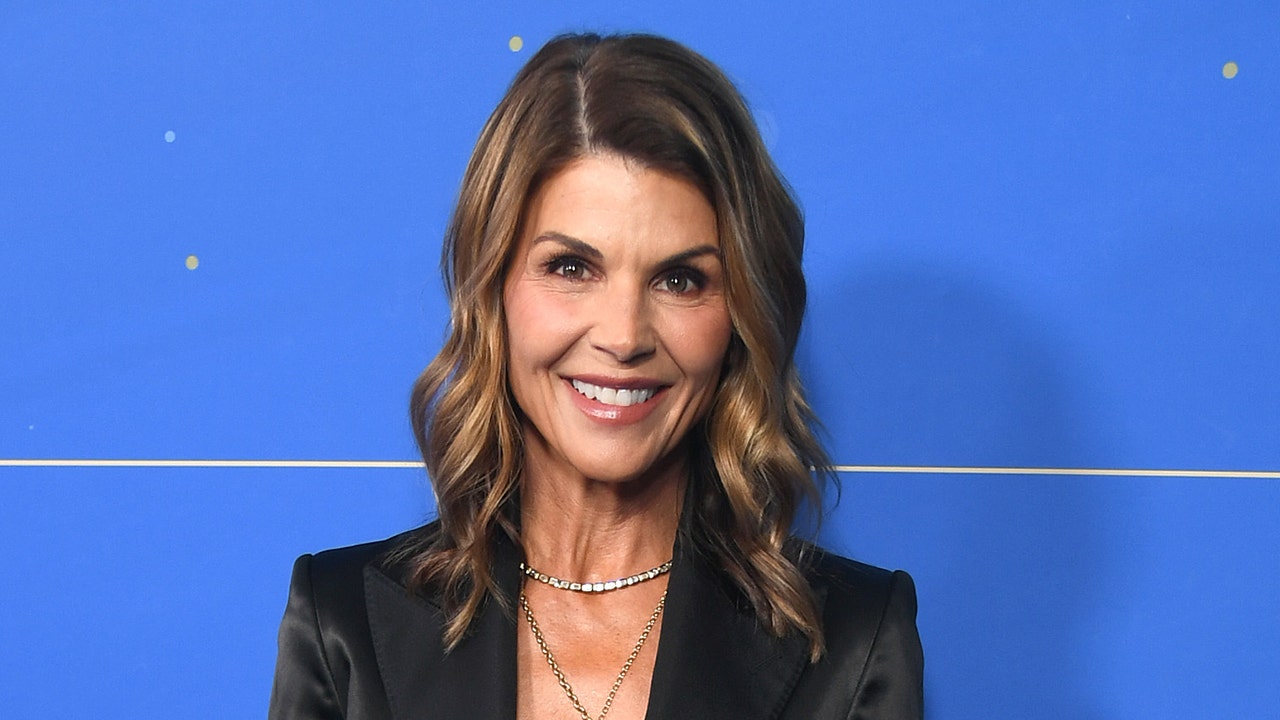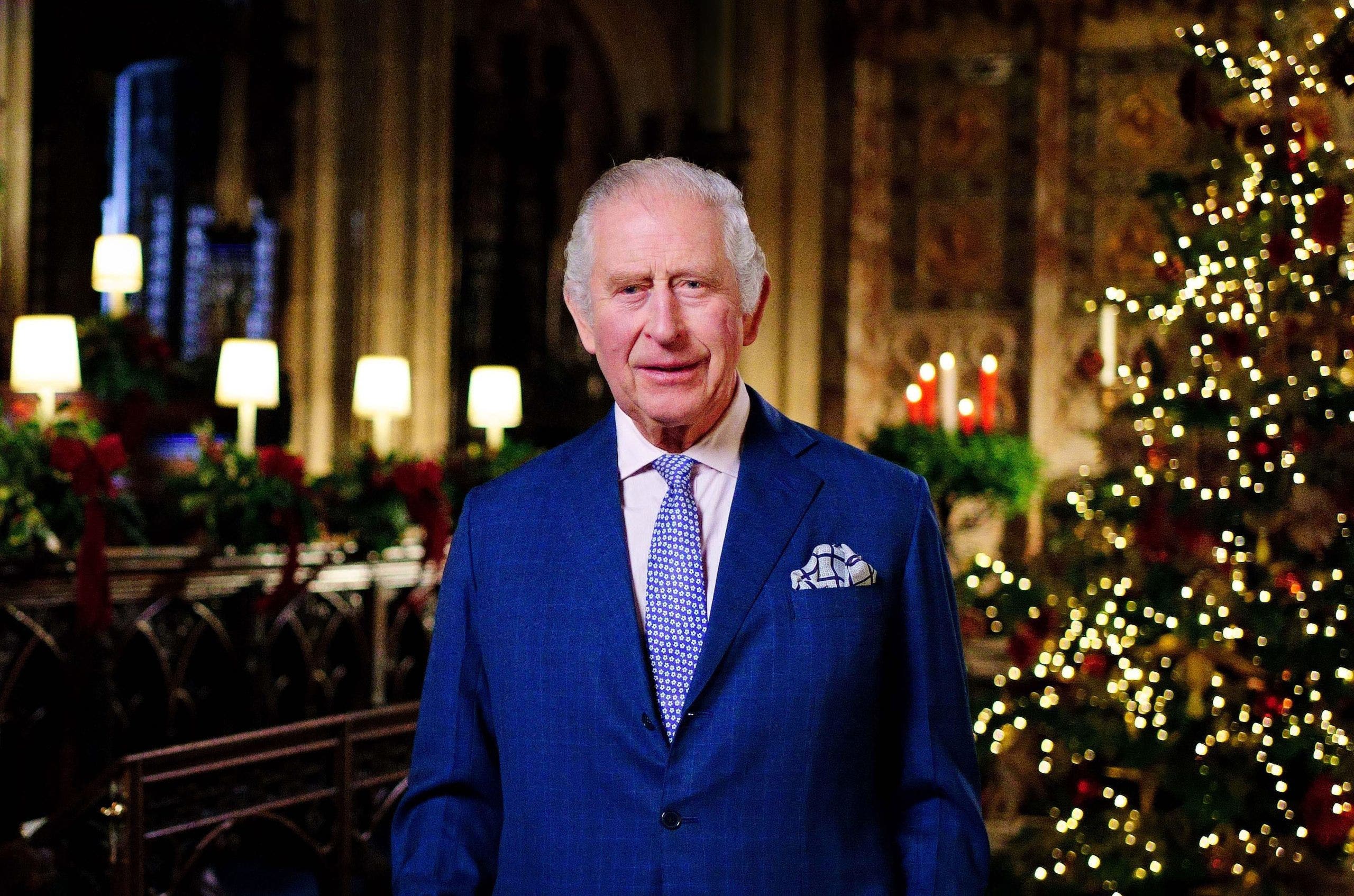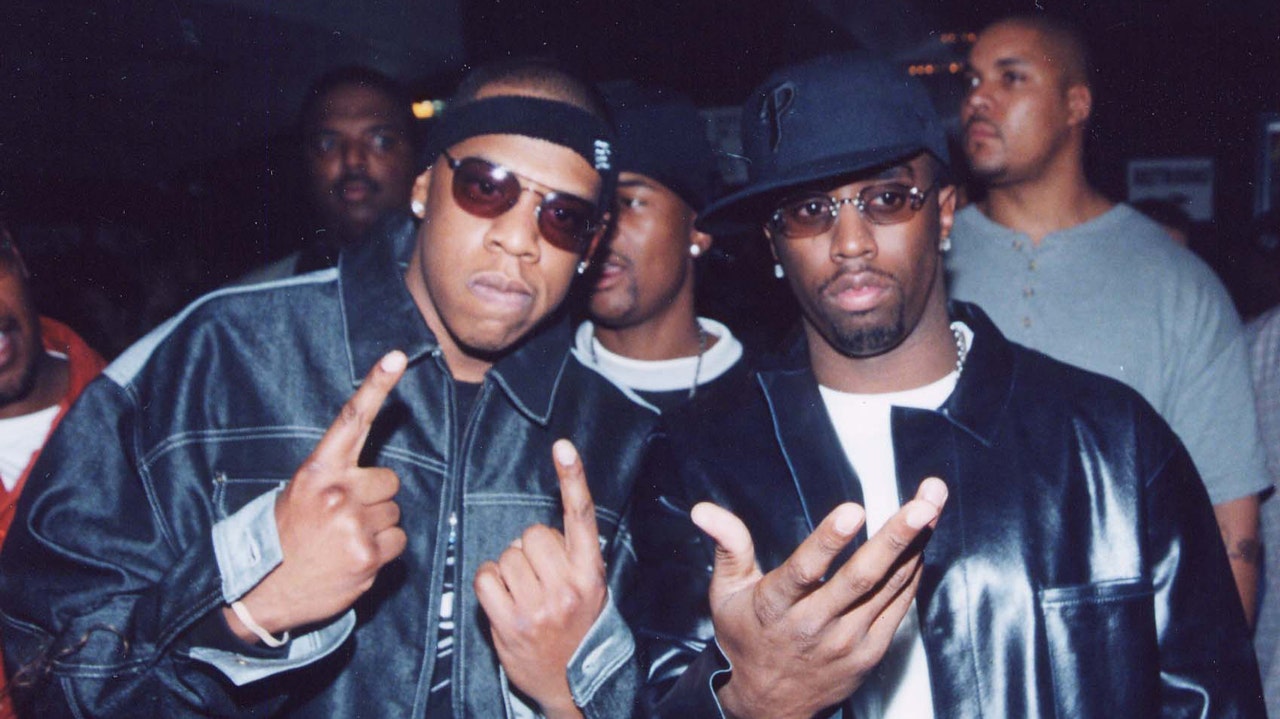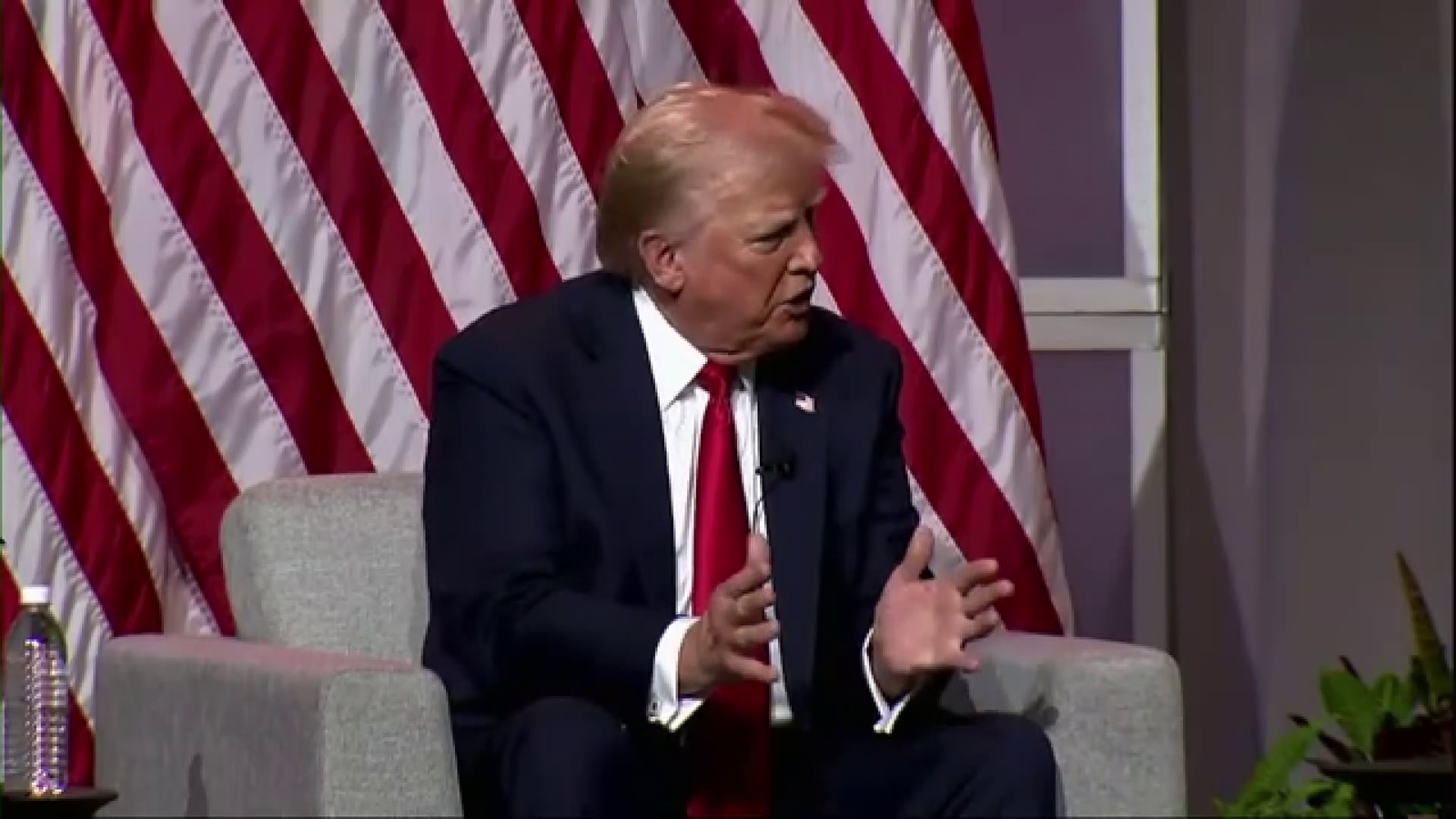Locals React as Donald Trump Speaks with the National Association of Black Journalists
The recent address by Donald Trump to the National Association of Black Journalists (NABJ) sparked a range of emotions and responses among attendees and the broader community. That moment, filled with anticipation and complexity, unfolded in a setting where perspectives clashed, and narratives converged. It mirrors the broader dialogues across America, where politics intersects with identity, ultimately revealing the nuances and intricacies of modern discourse.
A Historical Moment
The NABJ event, held in Chicago, was not simply another political gathering; it was an arena where historical grievances met contemporary issues. The association, known for its commitment to advocating for journalists of color, provided a platform for Trump to address topics of race, media representation, and opportunities. Attendees arrived with varying expectations. Some were hopeful for genuine dialogue, while others were skeptical, well aware of Trump’s controversial past statements regarding race and civil rights.
Local journalists present at the event expressed a mixture of curiosity and apprehension. One journalist, Jamie Collins, shared, “Hearing Trump speak felt surreal. Part of me wanted to engage with his ideas, while another part reminded me of the wounds that linger within our communities.” Collins encapsulates the struggle many felt—the tension between the desire for inclusion and the reality of divisive rhetoric.
Voices from the Audience
As Trump delivered his remarks, audience reactions ranged from applause to protests. His comments on economic empowerment resonated with some, but many found themselves grappling with contradictions. “How can we discuss empowerment when past policies have systematically disenfranchised us?” questioned Malik Kingston, a local activist. His perspective highlights a significant challenge within such dialogues: the dissonance between promises and lived experiences.
Emotions ran high during the Q&A session that followed Trump’s address. Some attendees seized the opportunity to challenge him directly, pressing him on issues such as police reform and reparations for historic injustices. The questions posed were both pointed and poignant, reflecting deep-seated frustrations and hopes for future change. Biden’s recent initiatives came up as a comparison, showing how different leaders might approach similar issues.
Community Reflection and Dialogue
The aftermath of Trump’s speech opened an avenue for deeper reflections within the community. Social media platforms buzzed with discussions, as individuals shared their thoughts and insights. The interplay of praise and criticism illustrated the divide that still exists regarding Trump’s approach to racial issues. Hashtags related to the event trended locally, showcasing the community’s engagement.
Local organizations like the Urban League and Black Lives Matter chapters quickly responded with statements emphasizing the need for authentic engagement. “It’s time for accountability and tangible action,” read an excerpt from a press release by the Urban League. This sentiment resonated with many who feel that conversations without action are simply performative.
The Broader Context
In a broader context, Trump’s address can be seen as part of a larger trend where political figures attempt to connect with marginalized communities. It raises important questions about representation and the sincerity of outreach efforts. Can real dialogue occur when historic tensions remain? And can trust ever be established when past actions contradict present promises?
As the nation continues to grapple with racial inequality, the discussion sparked by Trump’s speech serves as a reminder that every interaction matters. Voices like those of Collins and Kingston bring to light the vital importance of dialogue that not only seeks to uplift but also confronts uncomfortable truths.
Reflecting on Future Conversations
Though the audience’s responses to Trump were mixed, one thing was clear—this event marked a substantial moment in the ongoing discourse around race and politics in America. The complexity of emotions felt that day reflects the multifaceted nature of society. As local communities continue to process the impact of such dialogues, it’s crucial for all parties involved to listen, engage thoughtfully, and push for actionable change.
Engaging with uncomfortable conversations can pave the way for understanding, reconciliation, and progress. While Trump’s address may have elicited divided sentiments, it also illuminated the urgent need for continuous dialogue about race, identity, and the path forward.




































